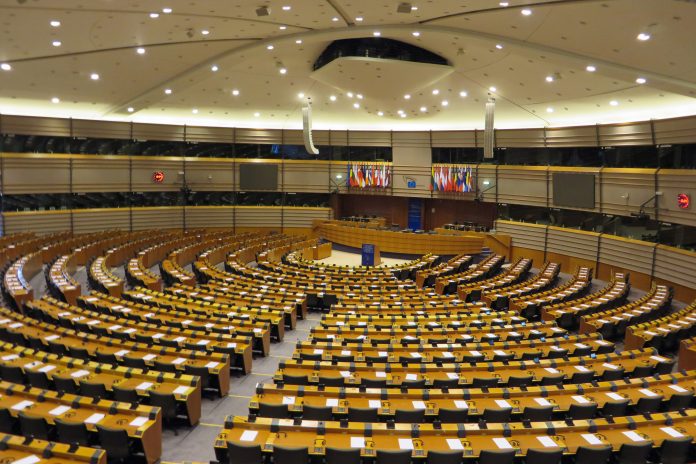The European Parliament’s Budget Committee MEPs have set out their position for negotiating the next long-term EU budget, which should finance new priorities as well as make up for any shortfall following the UK’s departure.
On February 22, the MEPs adopted two reports on the expenditure and revenue sides of the next multi-annual financial framework (MFF). These will apply from 2021.
The MEPs want the EU budget to reflect a political project and long-term strategy for a stronger and more sustainable Europe. They demand that the current 1%-ceiling for the EU’s expenditure be increased to 1.3% of the GNI, in order to be able to continue to support existing policy areas, like agriculture and cohesion policies, as well as provide sufficient funding to deal with new challenges such as security, defence or migration.
Specifically, the MEPs propose a boost to research programmes, Erasmus+, the Youth Employment Initiative and support for SMEs as well as infrastructure investment through the Connecting Europe Facility (CEF). They also want an alignment of the MFF’s duration to the legislative cycle of Parliament and EU Commission so that after 2027 it would apply for 5+5 years, with a mandatory mid-term revision.
Another key point agreed on is to ensure greater flexibility to increase financial means in the event of unforeseen circumstances, guaranteeing that unspent funds remain in the EU budget.
The MEPs also warned that “no agreement can be concluded on the MFF without corresponding headway being made on own resources”. This is the revenue side of the EU Budget.
According to a European Parliament press release, the draft resolution builds on the Report of the High Level Group on Own Resources chaired by Mario Monti, and calls, on the revenue side, for maintaining the existing own resources and progressively introducing new own resources. The new own resources could be based on a revised VAT, a share of the corporate income (CCCTB), taxation of financial services, a share of the taxation of companies in the digital sector and a share of a set of possible environmental taxes.
The draft report by co-rapporteurs Jan Olbrycht (EPP, PL) and Isabelle Thomas (S&D, FR) for the post-2020 EU long-term budget was adopted by 29 votes against 4, with 3 abstentions.
The draft report by co-rapporteurs Janusz Lewandowski (EPP, PL) and Gérard Deprez (ALDE, BE) on the reform of the EU’s system of own resources was adopted by 31 votes against 4, with 1 abstention.
Both drafts will be tabled for a vote in the Plenary in the European Parliament’s March II session in Strasbourg.
“The EU budget must be strengthened without penalising taxpayers. Post-2020, we have to stop rebates, compensations and end the logic of ‘juste retour’ and ‘I want my money back’”, said José Manuel Fernandes MEP, EPP Group Spokesman in the European Parliament’s Budgets Committee, after the committee vote on the post-2020 Multiannual Financial Framework (MFF). Fernandes added: “We must end the distinction between net payers and net payees, as all Member States are beneficiaries of the EU budget.”
S&D vice-president Isabelle Thomas MEP, co-author of the Parliament’s report on the MFF revision, said: “As resources of the EU budget come mainly from national contributions of the member states, the EU budget keeps on decreasing year by year. We need a more sustainable way of funding the EU budget through own resources. The S&D Group has long called for a financial transaction tax, a tax on multinational companies and carbon adjustment measures at EU borders, to fund the EU budget.”
“Europe’s future is at stake,” warned Eider Gardiazábal Rubial, S&D Group spokesperson for the EU budget. “Member states are calling on the EU to do even more things – from tackling the root causes of migration to new security initiatives. This is positive but the EU can only act effectively if it has a well-funded budget. If we have new policies and objectives, then we also need additional financial resources, especially considering the Brexit-shaped hole in our finances.”

